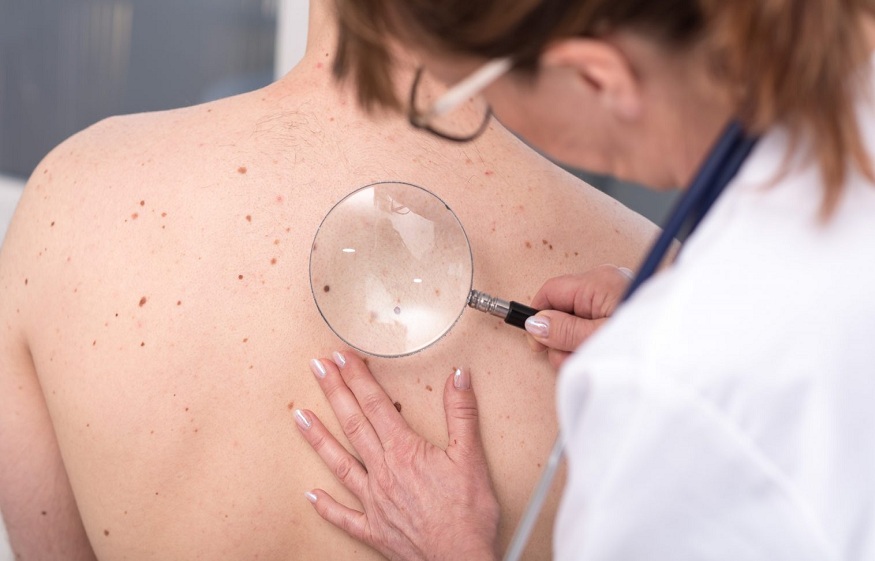Supportive care enables people to overcome the physical, practical, emotional and spiritual barriers caused by non-melanoma skin cancer. It is an important component of the care provided to people affected by this disease.
Recovering from non-melanoma skin cancer and adjusting to life after treatment is different for each person. Recovery depends on the type of treatment given and many other factors. The end of cancer treatment can generate mixed emotions. Even if treatment is over, there may be other issues to deal with, such as coping with long-term side effects.
Self-esteem is how you feel about yourself or how you see yourself. Body image is how we perceive our body.
Non-melanoma skin cancer and its treatments can cause changes to your skin, such as scarring or discoloration. Many of these changes are temporary or fade over time. But some can last a long time or be permanent. You may find the changes very noticeable, especially if they occur in an area like the face. You may fear going out and fear that others will stare at you.
Specific types of surgery or other treatments may be considered if the cancer affects a highly visible area, such as your face. Sometimes makeup and cosmetic techniques help camouflage scars and other skin changes.
Reconstructive surgery may also be done to repair the skin and surrounding area after non-melanoma skin cancer has been removed. Learn more about surgery for non-melanoma skin cancer , including reconstructive surgery.
If reconstructive surgery cannot repair the area so that the skin looks good and the area functions normally, or if reconstructive surgery is not possible, you may consider wearing a prosthesis. A prosthesis is an artificial device that replaces a part of the body. It is possible to design a prosthesis for the face or other parts of the body, which is perfectly adapted to the person who will use it.
Recidivism
You may have concerns about the risk of the cancer coming back (recurring) after treatment, especially if your doctor has said there is a high risk of it coming back. When non-melanoma skin cancer is found and treated early, it is usually easier to treat.
Most non-melanoma skin cancers are caused by exposure to ultraviolet (UV) rays from the sun. The best way to reduce the risk of the cancer coming back or developing another skin cancer is to protect yourself from the sun.



